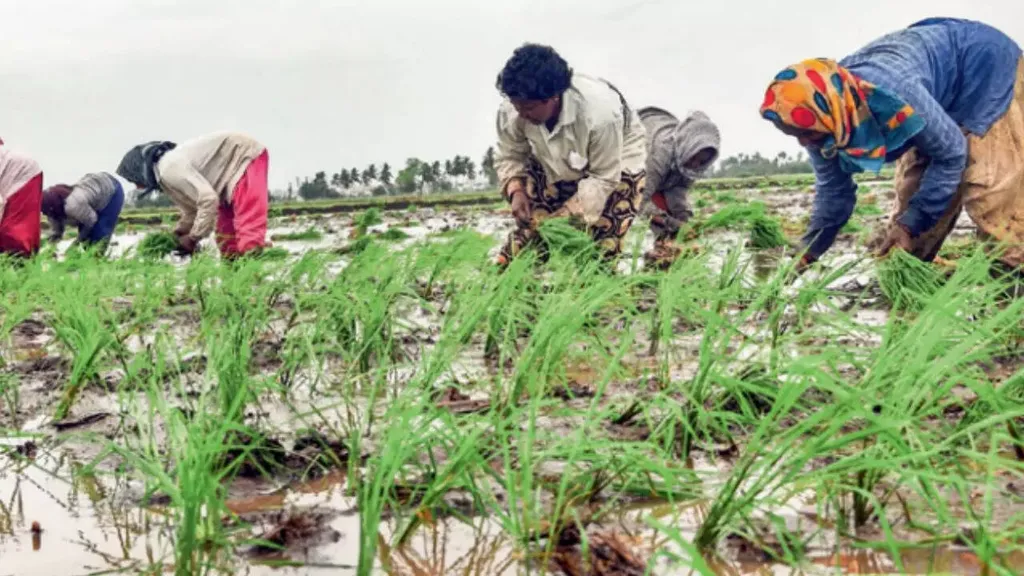In the heart of India’s Telangana state, a groundbreaking study has uncovered a promising ally for farmers battling harsh growing conditions. Researchers, led by K. Damodarachari from the Department of Agricultural Microbiology & Bioenergy at Professor Jayashankar Telangana State Agricultural University, have isolated and characterized Pseudomonas bacteria strains that exhibit remarkable tolerance to various abiotic stresses, offering a potential boon to agriculture in challenging environments.
The study, published in the International Journal of Bio-Resource and Stress Management, screened 44 Pseudomonas isolates from different rhizospheric soils for their plant growth-promoting (PGP) properties and tolerance to abiotic stresses. The findings revealed that 28 isolates demonstrated PGP traits such as mineral nutrient solubilization, indole-3-acetic acid (IAA) production, and biocontrol activity. Notably, several isolates showed exceptional resilience to extreme pH levels, high salinity, temperature fluctuations, drought, and heavy metal toxicity.
“These Pseudomonas strains could be game-changers for agriculture in Telangana and similar regions,” Damodarachari remarked. “Their ability to thrive under multiple stress conditions while promoting plant growth opens up new possibilities for sustainable and resilient farming practices.”
The commercial implications of this research are substantial. In regions where abiotic stresses limit crop productivity, these stress-tolerant Pseudomonas strains could enhance crop yields and resilience. Farmers could potentially reduce their reliance on chemical fertilizers and pesticides, as these bacteria not only promote plant growth but also exhibit biocontrol activities against plant pathogens.
One isolate, PS 15, stood out for its efficient zinc solubilization and tolerance to a range of stresses, including pH, temperature, salt, drought, and heavy metals arsenic and cadmium. Another isolate, PS 1, demonstrated strong phosphorus and potassium solubilization, along with biocontrol activity, and tolerance to multiple stress factors.
The study’s findings suggest that these Pseudomonas strains could be developed into biofertilizers or biostimulants, providing farmers with tools to mitigate the impacts of climate change and other environmental challenges. “The potential applications of these bacteria are vast,” Damodarachari noted. “They could be used to improve soil health, enhance nutrient availability, and protect crops from both biotic and abiotic stresses.”
As the agriculture sector grapples with the realities of climate change and resource depletion, the discovery of these stress-tolerant Pseudomonas strains offers a glimmer of hope. By harnessing the power of these beneficial microbes, farmers may be able to achieve more sustainable and productive outcomes, even in the face of adversity.
The research conducted by Damodarachari and his team not only advances our understanding of plant-microbe interactions but also paves the way for innovative solutions to some of the most pressing challenges in agriculture today. As the world seeks to feed a growing population under increasingly challenging conditions, the insights gained from this study could play a crucial role in shaping the future of farming.

